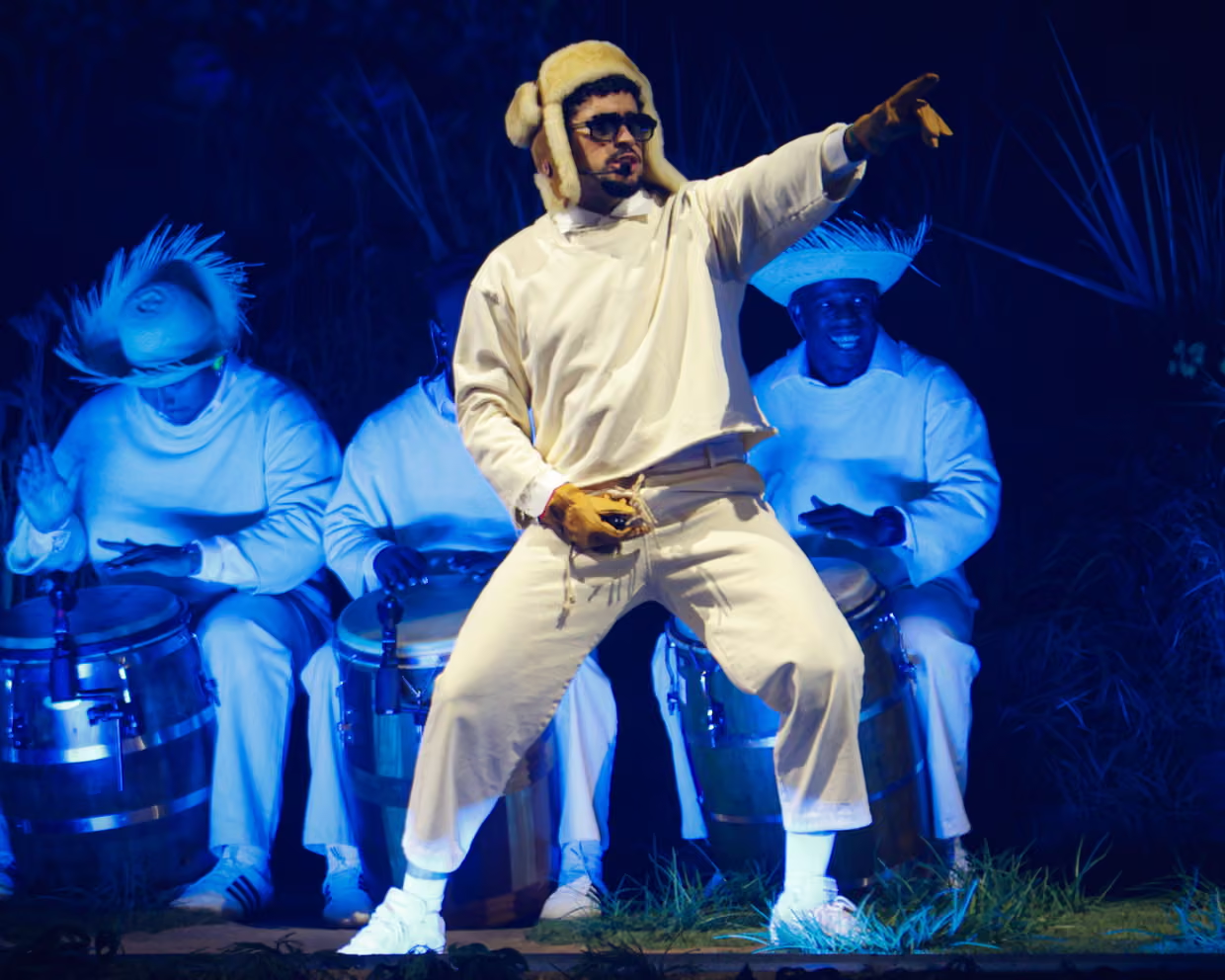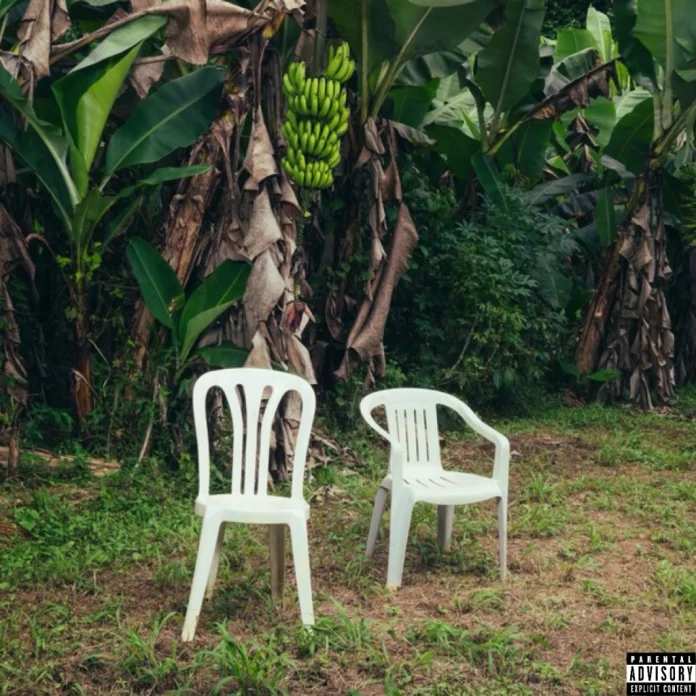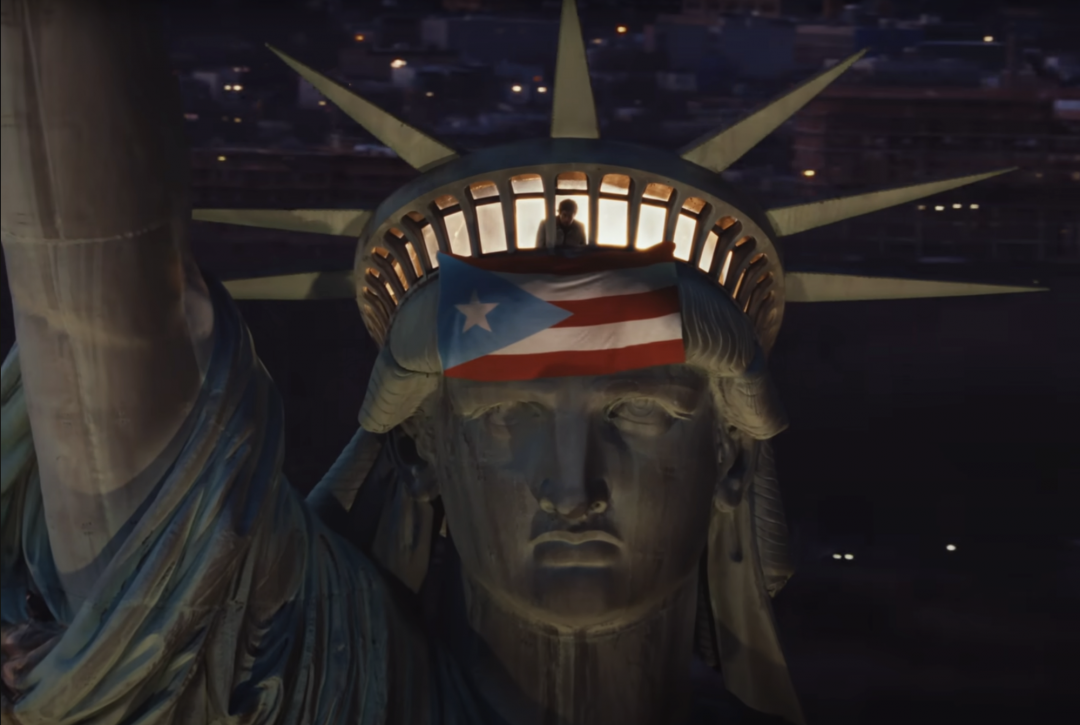DeBÍ TiRAR MáS FOToS (DtMF) is the sixth studio album by Puerto Rican singer Benito Antonio Martínez Ocasio, known as Bad Bunny, released under the independent Puerto Rican label Rimas Entertainment.
Across 17 tracks and just over an hour, the album delivers a cross-generational revival of Puerto Rican music, spanning reggaetón, salsa, dembow, Latin pop, trap and much more.
Production credits include Tainy, La Paciencia, MAG, Big Jay, and Saox, with guest features from RaiNao, Chuwi, Omar Courtz and Dei V, and Los Pleneros de la Cresta.
In collaboration with historian Jorell Meléndez Badillo, Benito used the songs visualizers as pedagogical tools, showing Puerto Rico’s history, sending a clear message: if you’re going to consume our culture, you’ll also have to learn about it.
While perfect for dancing, DtMF also delivers sociopolitical commentary.
The album title, I Should Have Taken More Photos, evokes a longing to preserve memories and history, tying into recurring themes of migration, displacement, and the fear colonialism may erase cultural identity.
These ideas surface strongly in LO QUE LE PASÓ A HAWAii, where Benito critiques touristification and gentrification (the grandmother, the crying jíbaro).

The album opens with “ NUEVAYoL,” a track packed with cultural references, from Willie Colón and Frida Kahlo to Dominican baseball player Juan Soto, and Toñita, the owner of an iconic social club in Brooklyn. Through these nods, Benito celebrates Latin America, especially Puerto Rico. Latinos are everywhere.
The song begins with a rendition of El Gran Combo’s 1975 classic “Un verano en Nueva York.” By blending classic salsa with sounds Puerto Ricans encountered when migrating to New York, Benito evokes the Nuyorican identity, a bicultural expression he explores throughout the album.
Directed by Dominican-American photographer Renell Medrano, the music video, released on July 4, opens with an overhead shot of Benito walking through snowy streets in shorts and sandals, exclaiming, “Y este frío, ¿cuándo se acaba? Diablo!” This contrast between his tropical roots and New York’s cold concrete jungle.
Visual motifs reinforce this theme.
An industrial shot of the Bronx, “Greetings from New York” written in cursive, the city’s name filled with Latin American flag colours, reinforces how Latino experiences are intertwined with U.S. history, countering narratives that depict the country as all white, English-speaking, and Christian.
Black-and-white scenes depict Afro-Puerto Rican communities: mothers brushing their children’s hair, toddlers taking their first steps, friends playing basketball, or neighbors gathered around a large radio playing a Trump-like voice apologizing to Latino migrants.
The scenes gradually transition to color, capturing the vibrancy of diaspora life in neighborhoods like the Bronx and Washington Heights, echoing the final on-screen words: “Together we are stronger.”
Throughout the album and Benito’s discography in general, he sings both in English and Spanish, which portrays Benito’s bicultural identity as a migrant, but also Puerto Rico’s history of colonization.
With traditional Puerto Rican folk rhythms, in LO QUE LE PASÓ A HAWAii, Benito sings with a slow pace, a low, melodic, and thoughtful voice. It evokes nostalgia for something that hasn’t gone away, but could.
He describes his island as one might describe a woman: “She looks pretty, even though things sometimes go wrong for her / A smile in her eyes, holding back tears.”
Moody and reflective, Benito sings of the mountains and the beaches outsiders seek to take from him.
He mourns the forced displacement Boricuas have endured, honors those who stayed (“Otra jíbara luchando, una que no se dejó”), conveys the longing of those who left to return home, and urges, “Don’t stop resisting. I don’t want them to do to you what happened to Hawaii.”
DeBÍ TiRAR MáS FOToS is more than an album.
It’s a celebration of Puerto Rican identity, history, and diaspora.
Bad Bunny proves he can make music that not only sells but moves both the body and the mind, balancing infectious rhythms with profound cultural and political commentary.






